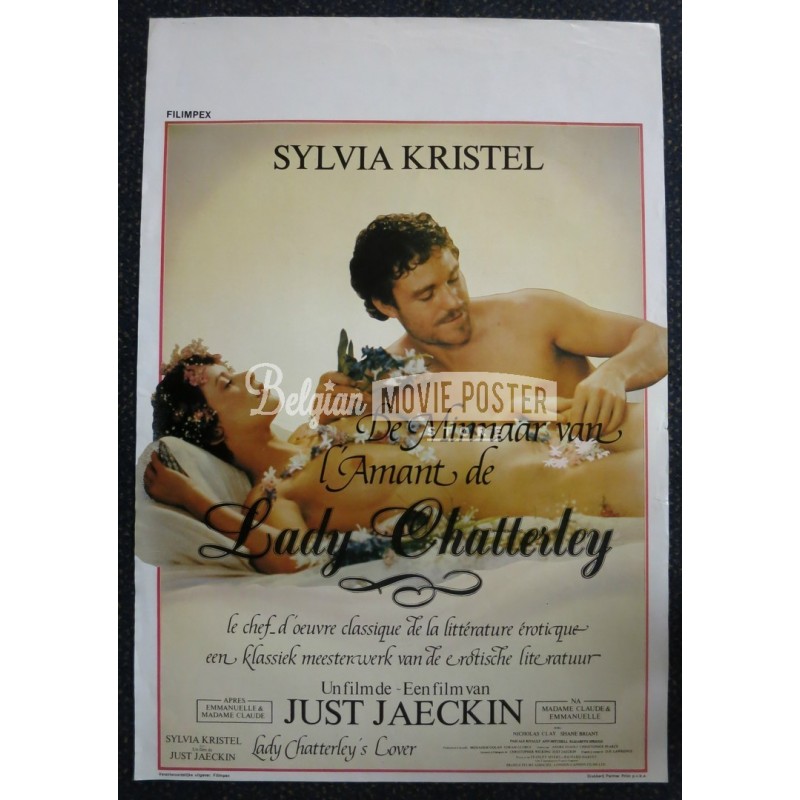

With notable exception to the excessively prim and evasive Allegret version released in 1955, many of the films seem to reduce Lawrence's complex vision to a distinctly tawdry and ultimately ineffectual tale, entertaining and thought-provoking only insofar as its capacity to sexually titillate the viewer. Since the mid 20th century, a number of film adaptations have invoked Lawrence's once contentious observations on sexual pleasure and love in a bid to entertain and provoke modern audiences. (Lim 2)ĭ H Lawrence's Lady Chatterley's Lover insisted on the possibility for human regeneration and fulfillment through a celebration of carnal desire, a Utopian ideal which disengaged guilt from sexuality and thereby constituted a conspicuous deviation from the prevailing puritanical ideologies of the author's time. Scandalous in her day, the sexual adventuress of D H Lawrence's best-known novel has matured into something of a pop-culture joke, remembered less as a symbol of erotic liberation than a soft-core staple of late-night cable.


The years have not been kind to Lady Chatterley.


 0 kommentar(er)
0 kommentar(er)
